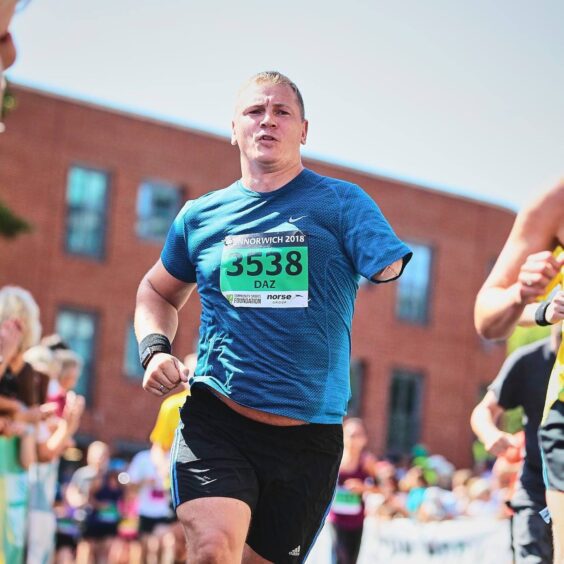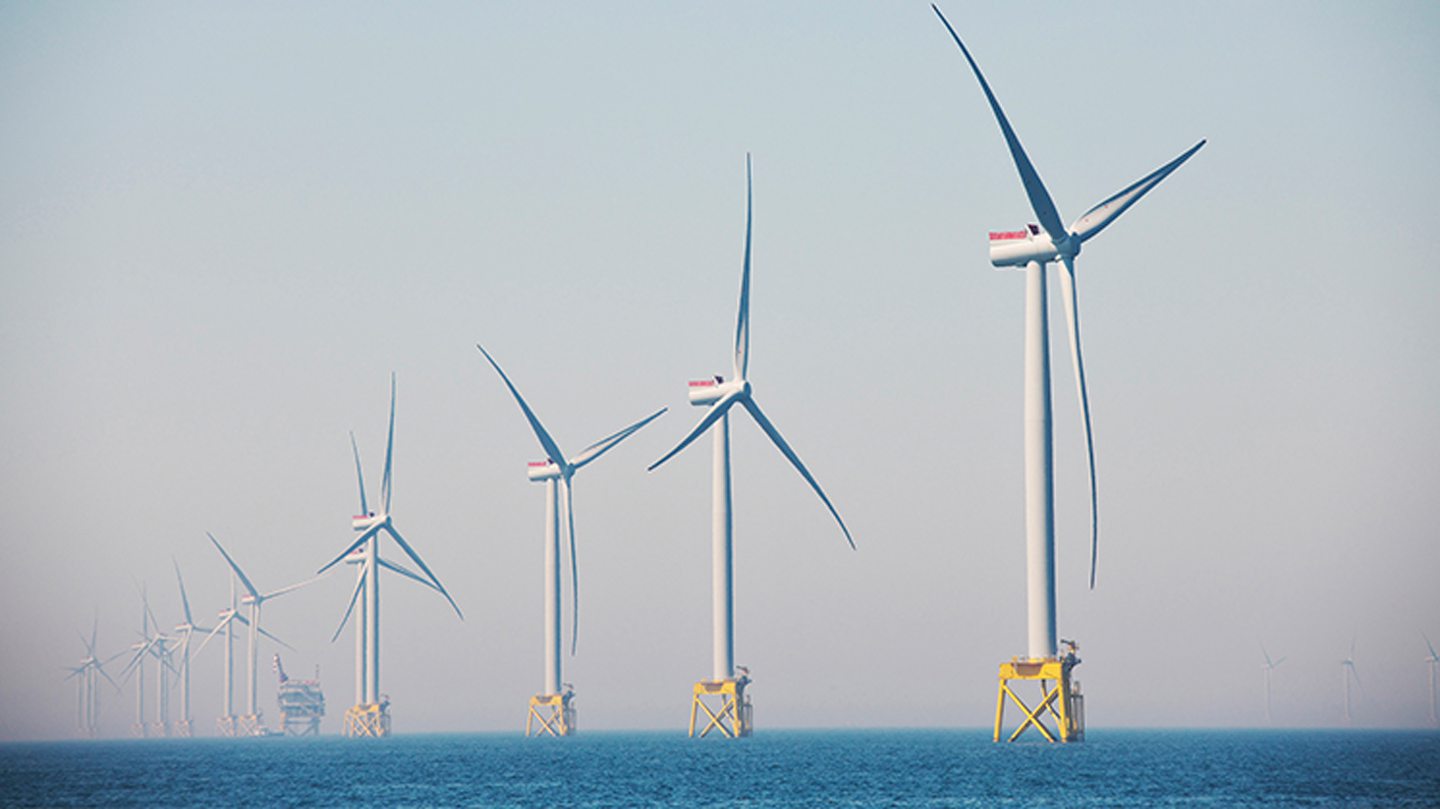
An engineer who lost his arm while installing a wind turbine could receive up to £1 million in compensation after a UK court ruled in his favour.
Darren Hoadley, known by his colleagues as “Mr Safety”, was installing a wind turbine in Belgian waters of the North Sea in 2018 when his left arm became trapped and was “traumatically amputated” by a section of the turbine.
Across the UK, more than 500 incidents were reported for onshore wind farms in the UK in 2020,
Mr Hoadley took his employer, German turbine manufacturer Siemens Gamesa, to court and the High Court in London found the company liable for the accident.
The judgment on liability was made in October last year but a decision on damages has not been announced by the court.
The final amount will be reduced by a third after Judge Richard Davison found Mr Hoadley was partially at fault for the accident.
The judge said on the day of the accident Mr Hoadley had “failed to live up to his reputation as “Mr Safety” and found he had “failed to plan” and “was working alone when he should not have been”.
However, the judge found breaches of duty by Siemens Gamesa had directly led to the accident in part because technicians working on the turbine earlier in the morning failed to reinstate the safety chain and warning sign to let other staff know it was energised.
As a result, Hoadley was “lulled into a false sense of security” by factors including the lack of a security chain, which the judge called a “very serious failure and the most potent cause of the accident”.
A spokesperson for Siemens Gamesa said: “We are very pleased that our colleague Darren has remained in our team since the tragic accident and helped us to make significant changes and improvements to safety and training processes, as recognised by the judge.
“The safety of our employees is our absolute priority, and we do everything to prevent accidents like these.”
‘Courage and presence of mind’
Despite finding Mr Hoadley partly at fault for the accident, the judge expressed admiration for his “courage and presence of mind” in extricating himself from the nacelle.
“I also express my admiration for the way he has adapted to and coped with a very bad injury,” the judge said.
The judge also commended Siemens Gamesa, saying the company’s “reaction in the immediate aftermath of the accident was exemplary and served to avoid consequences which could have been much worse”.
“They also carried out an exemplary investigation and implemented immediate and effective reforms to their equipment and procedures,” he said.
Despite the trauma of losing his arm, Mr Hoadley displayed remarkable resilience following the 2018 accident.
He completed a 10 kilometre run in Norwich just seven weeks after the accident, and would later return to work for Siemens Gamesa after having a prosthetic arm fitted and completing a retraining process which included sea survival training.
Offshore wind safety
Earlier this year, the Rail, Maritime and Transport (RMT) union raised concerns regarding the UK’s offshore wind industry after the Health and Safety Executive (HSE) revealed it has just four inspectors dedicated to the rapidly growing sector.


